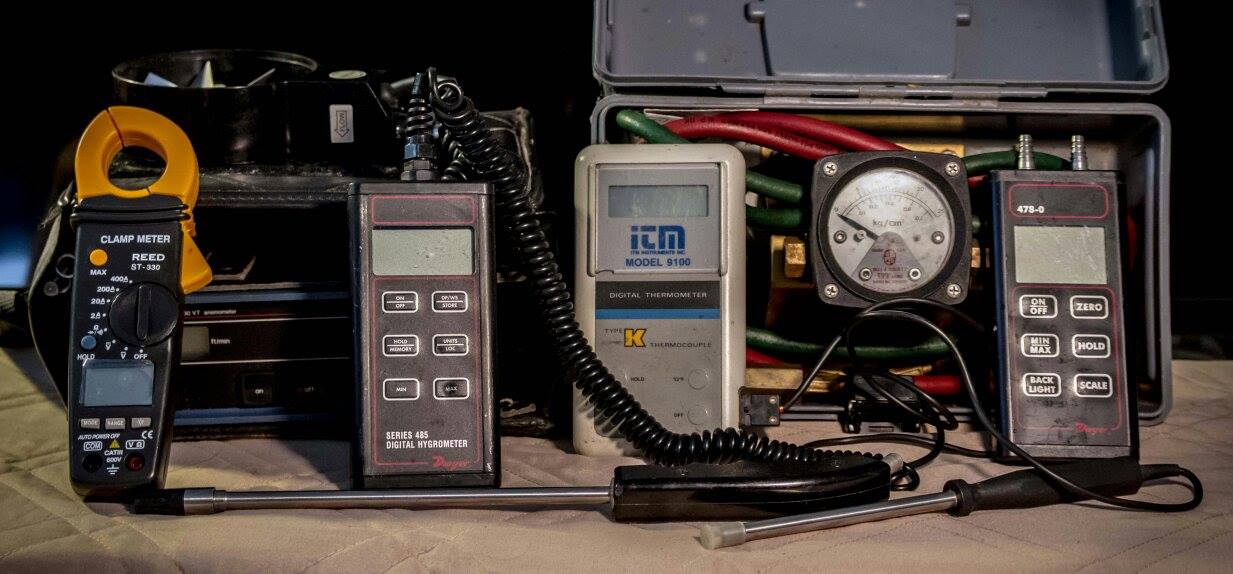Laboratory Specialist, Laboratory Specialist jobs, Laboratory Specialist Job Descriptions

Laboratory Specialist speaks to laboratory specialist jobs, laboratory specialist job descriptions and how to become a laboratory specialist.
The Lab Specialist (LS) is a position that is required for portfolios that have buildings which contain laboratories.
This information is provided as a source of general interest for all interested parties. It may be used by Human Resource personnel as a base to develop job requirements for positions required to be filled within your company. It may also be used by job seekers to provide an understanding of advertised job positions and allow them to write their resume in a manner that suits the advertised or nonadvertised position.
This information was gathered and collected from many job posted sources, newspapers (jobs Section) business magazines, company websites and the internet in general. It presents a cross section of the needs and requirements of many diverse industries especially the building facility management, operations and maintenance requirements.
The LS would typically answer to the Technical Service Manager, Facility Manager and first most to the Laboratory Director (LD). The LD is usually the tenant and is the final decision maker for all things pertinent to the operation of the laboratories.
Job Description:
The LS must have a full understanding of all laboratory supply air, fume hood, canopy, exhaust arm (snorkel) and general exhaust systems.
The LS must have a full understanding of both constant volume and variable volume fume hood operations.
With variable air volume fume hoods the LS must have a full understanding of the software and hardware with programming of such to maintain laboratory conditions.
With constant volume bypass fume hoods the LS must have a full understanding of the required operating sequences.
The laboratory specialist must understand lab pressurization, temperature and relative humidity controls for the laboratory.
The LS must fully understand all test procedures required for fume hood, canopy and exhaust arms operational verification.
The LS must fully understand all test procedures required to measure supply air volume to the individual laboratory.
The LS must fully understand test procedures required to measure laboratory pressurization relative to adjacent areas.
The LS must have a full understanding of ASHRAE 110 guidelines for fume hood verification for sash face velocity tests, smoke pencil, smoke containment and gas tracer tests.
In Canada the LS must have a full understanding of both ASHRAE 110 and MD15228 guidelines for fume hood verification for sash face velocity tests, smoke pencil, smoke containment and gas tracer tests.
Note that ASHRAE instructs how the fume hood tests are to be done while MD15128 instructs as to how the tests are to be done and what constitutes the “fail” of a fume hood.
In Canada for all government departments MD15128 supercedes ASHRAE 110.
The LS will write specifications detailing how approved contractors are to do the fume hood, canopy and exhaust arm annual verification tests.
The LS will review the resultant report and report to the laboratory director the results of the tests with discussion of any fume hoods that have failed.
It is the laboratory department head who will decide if a fume hood is to come out of service for adjustment or repair.
Job Qualification:
The LS is usually a technologist or tradesman who has been trained in the functions of laboratory systems.
The LS should have a minimum of 3 years related experience.
The LS must have a full understanding of air balance principles.
The LS must have a full understanding of ASHRAE 110 and MS15128 guidelines.
The LS must have good “people skills”.
The Laboratory Specialist must have good computer skills.
Return from laboratory specialist to homepage
Hard copy and E book for sale. Introduction to Building Mechanical Systems. Click here.